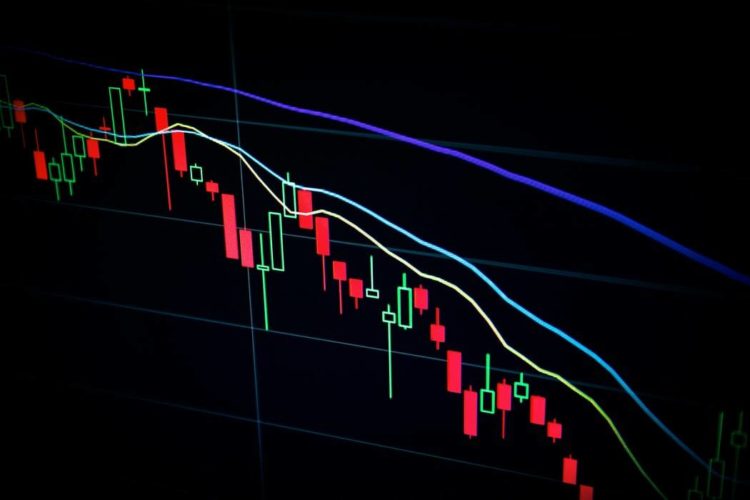Lessons That Investors and Traders Can Use in Other Areas
As access to trading platforms has got easier and easier to approach in the last couple of years, interest in investing and day-trading on the stock market and on other instruments has exploded. The power that “retail investors” have on the market has been growing rapidly over the last year or so as they take on institutional players with “short squeezes” and by driving up the value of cryptocurrencies like Dogecoin.
Off the back of this, there has been a huge rush for people to produce educational content to help people learn how to trade. Much of this is unidirectional though, and little consideration is given to the fact that the skills you learn while trading can help you in other areas of your life.
Practising Patience
When new traders get into the game, they almost always make the assumption that they will immediately start consistently making successful trades that see their portfolio grow exponentially.
In reality though, the opposite is true.
Trading requires you to be patient. People who successfully play the stock market are ones that spend most of their time researching and performing due diligence. This is a painstaking process and requires you to spend hours reviewing reports, performing discounted cashflow analysis, and other calculations to decide if, when, and what to invest.
Patience is also important elsewhere in life. When you’re training for a new job, learning a language, stuck in traffic, or trying to grow your own food at home, you can’t expect to see results immediately; instead, you need to wait calmly and patiently.
Understanding Risk
Traders deal with risk every single day. A decision to buy cryptocurrency is a risk, but so is a decision to sell and a decision to HODL. Sure, buying now is a risk because the value of the token you’ve bought could go down, but selling is also a risk because the price could go up after you’ve completed the transaction.
This appreciation of risk is useful elsewhere in life. Buying a house is a risk, as is getting married, driving your car, and even choosing between a burger and a salad. Being in a better position to properly assess these risks allows you to make better decisions.
This skill can also help while playing games. In poker, players must carefully find the balance between wagering enough to put pressure on their opponents but not so much that it interferes with their bankroll management. A good grasp of this is what separates recreational players and those that compete in poker tournaments professionally.
Emotional Control
We’ve seen a lot of emotion-driven trading decisions in recent months, with some people blindly pouring money into certain asset classes with absolute faith that the price will rise and they’ll benefit.
In reality, that isn’t the case and those that don’t make evidence-based decisions will pay the price over the long term.
Strong bull and bear markets occur because of a herd of investors and traders making emotional decisions, not because the underlying value of assets has materially changed. In these situations, those in control of their emotions can make better decisions that benefit their financial position.
For example, Warren Buffett always says that investors should be “fearful when others are greedy, and greedy when others are fearful”. He also puts this into practice, buying shares in companies when their share prices fall because others are panic selling.
Emotional control is helpful in life too. If you’re in work, you may feel an urge to tell a rude customer how you feel or tell your boss that you don’t like them, but neither will end well for you.
Instead, it’s best to count to ten and think of a more prudent response that’s tactful and helps you achieve your longer-term goals.
Taking the Rough with the Smooth
In trading, some days are good and others are bad. You just have to hope that you have more days that go your way than those that don’t and then work hard to be sure that happens.
It’s easy to have a day where you make a string of losing trades and let it get you down, but you have to understand that it’s the bigger picture that really matters.
The same applies in life. You might have a bad training session in the gym where you just couldn’t keep up with your normal pace, or just had a bad day at work with colleagues assigning you more tasks without considering your existing workload.
The easy option is to take everything to heart and let it eat away at you, but as a trader, you’ll learn that it’s best to take a deep breath, have a break, and come back tomorrow. Returning with a fresh mindset will help you perform better than if you let it eat away at you.
Credit: Source link













































































































































